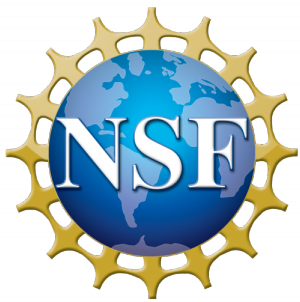April 1st, 2009 | RESEARCH
Recently, the relationship between identity and learning has come front and center in discussions about how to design successful learning environments for youth who struggle in mainstream institutions. In this essay, I explore the role identity development plays in constructing learning environments for traditionally marginalized youth. While I agree with DeGennaro and Brown on the importance of identity development for learning, I stretch the relationship between these two constructs in several ways: First, I will argue that how we define “technology” and what that means for marginalized youth, particularly those who are assumed to be victims of the “digital divide” is a crucial aspect of the design of successful digital learning environments. Second, I discuss how identity is represented in these digital learning spaces, and analyze how meaning is constructed in multimodal spaces such as websites. Finally, I reflect on DeGennaro and Brown’s notion of “emergent design,” as a positive contribution to design research, and propose the idea of incorporating youths’ already existing competencies into the emergent design process.
Document
(no document provided)
Team Members
Erica Rosenfeld, Author, University of Wisconsin, MadisonCitation
Identifier Type: doi
Identifier: 10.1007/s11422-008-9136-7
Identifier Type: issn
Identifier: 1871-1502
Publication: Cultural Studies of Science Education
Volume: 4
Number: 1
Page(s): 67
Related URLs
Tags
Audience: Educators | Teachers | General Public | Museum | ISE Professionals
Discipline: Education and learning science | General STEM | Technology
Resource Type: Peer-reviewed article | Research Products
Environment Type: Media and Technology | Websites | Mobile Apps | Online Media

